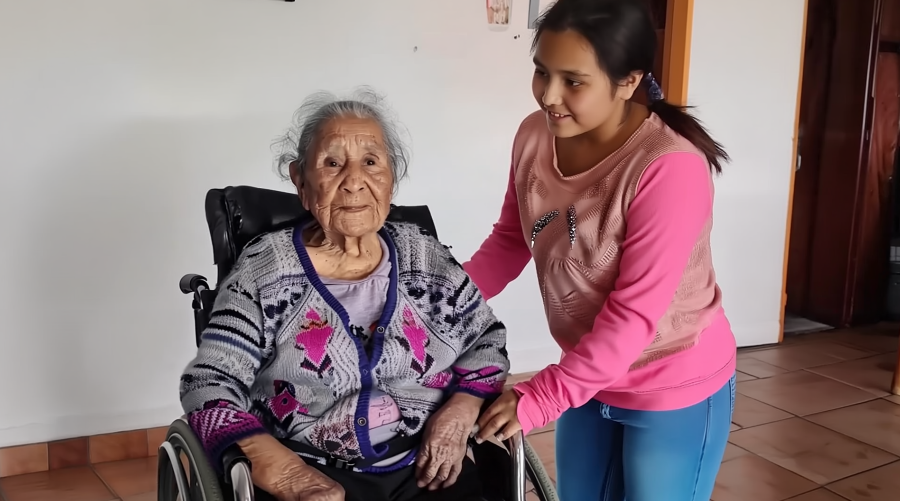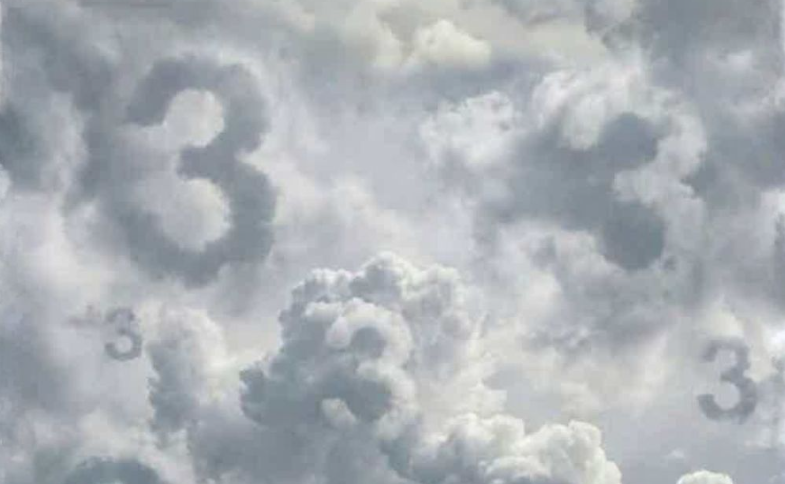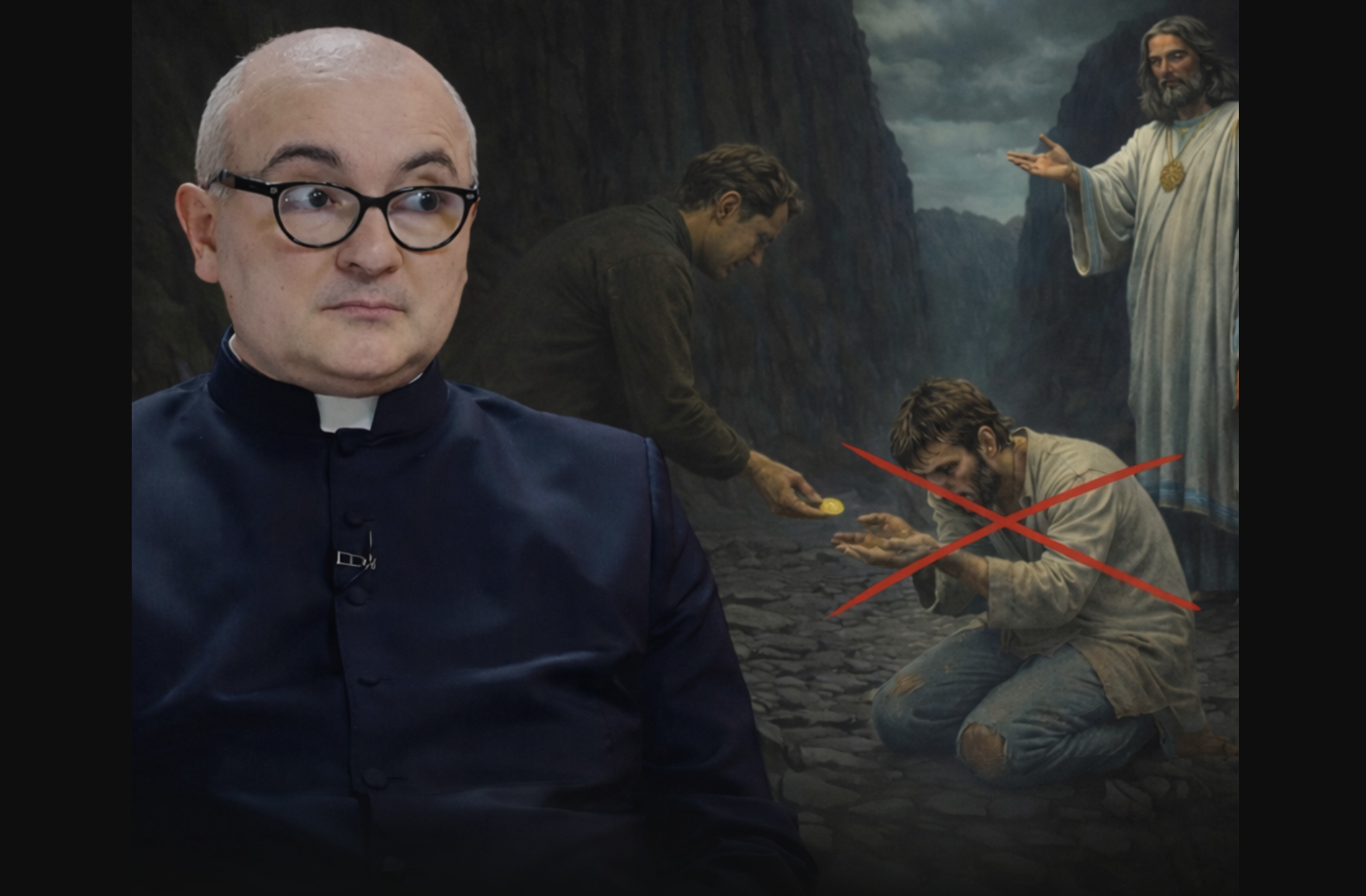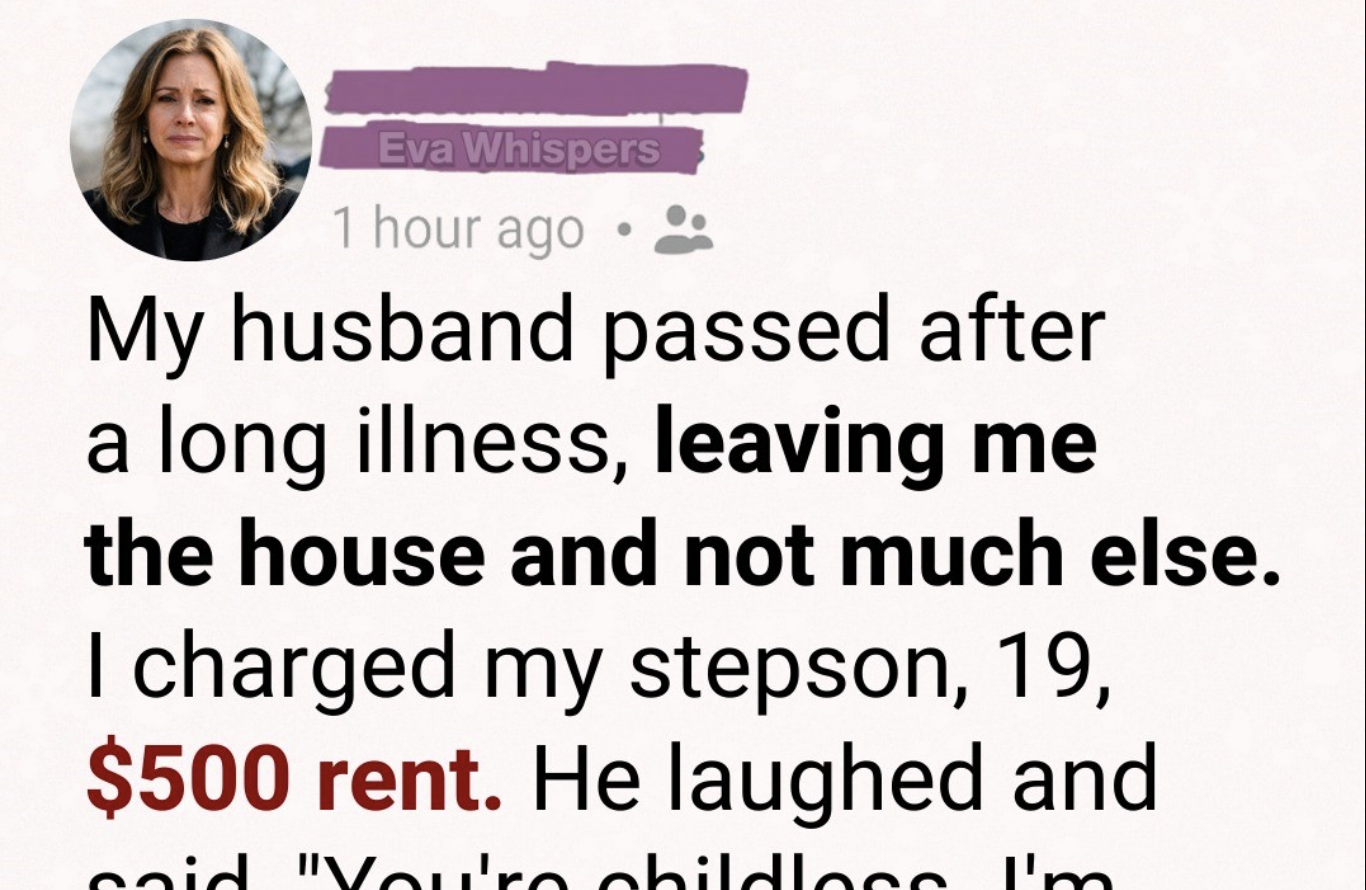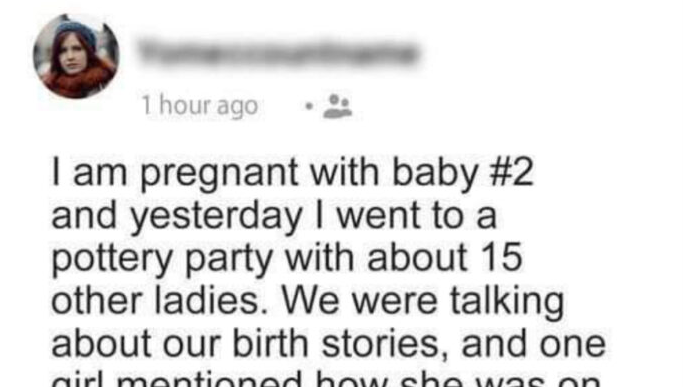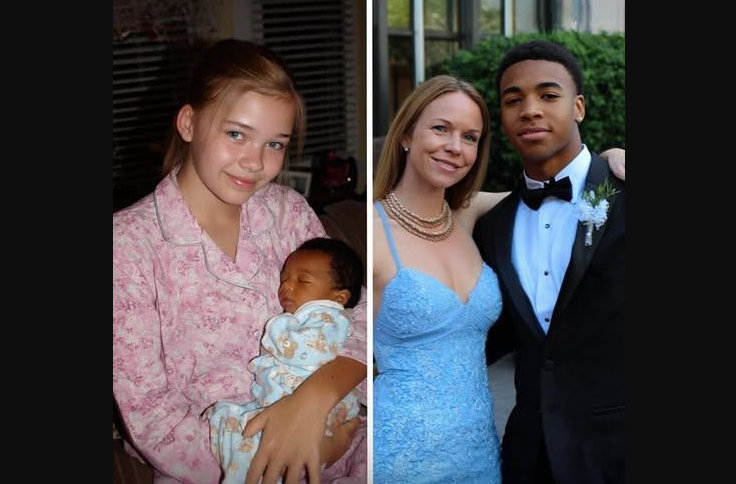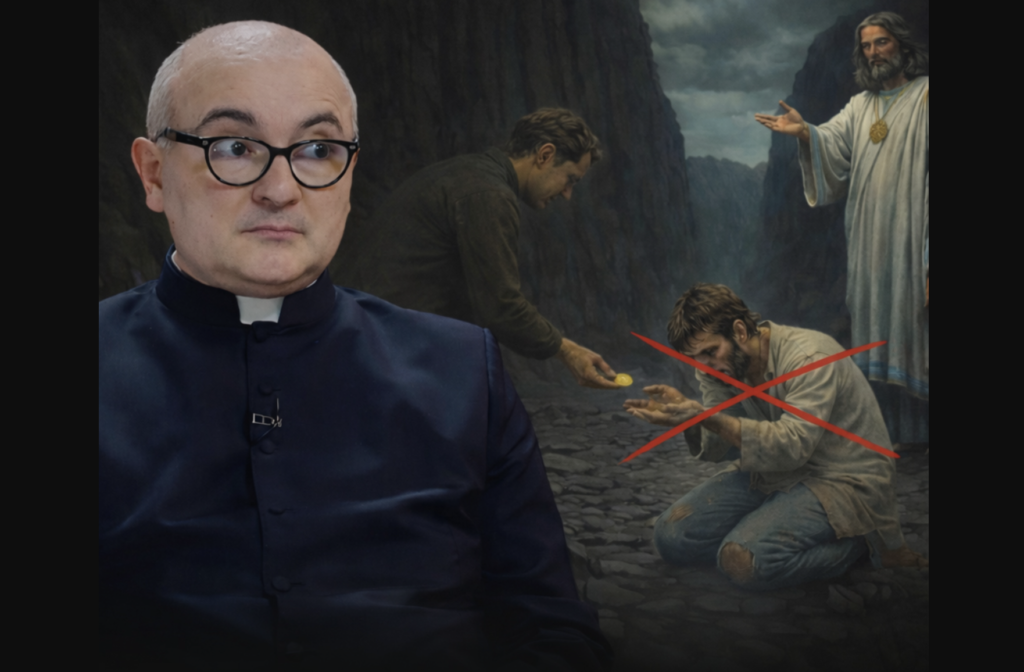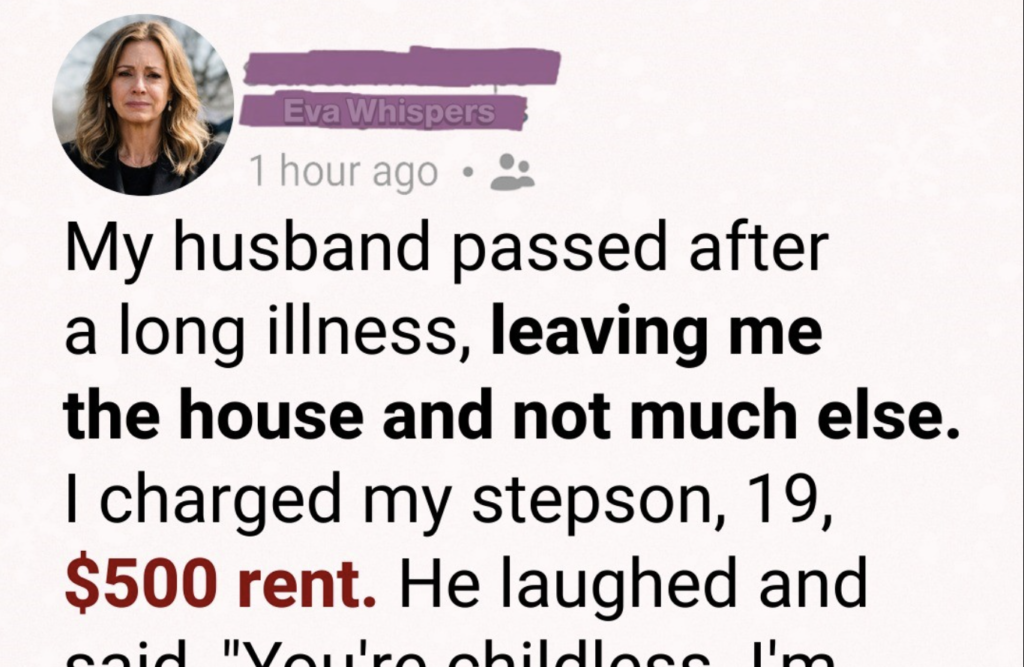For many years, I lovingly cared for a wealthy elderly woman until she passed away. Following her death, all her family members suddenly appeared, hoping to benefit from her passing. However, the old woman had left behind a surprise that would completely alter the course of our lives.
A Story of Heart and Heritage
For seven wonderful and meaningful years, I had cared for Mrs. Patterson. She was an elderly, fragile, and solitary woman, with a family that had essentially abandoned her. Thankfully, she had sufficient funds to support me as her caregiver—a role I did not foresee would bring me a great deal of trouble years later.
Mrs. Patterson’s house was magnificent. It sat perched on a hill, surrounded by expansive gardens she could no longer tend herself, with staff hired to manage the upkeep. Her eyes, which had once been full of life, had dimmed with age but still brightened when we played Scrabble and other games or baked her famous apple pies together.
Her family would visit just enough to maintain appearances. They arrived dressed in pristine clothes and with insincere smiles, took some money, and then departed.
Mrs. Patterson would sit, heartbroken, by the window long after they were gone, her fingers gently tapping the glass, watching and hoping her affection would be returned. Yet, they never looked back.
Luckily, I was more than her caregiver. As time passed, she became my family. We shared laughter, stories, and quiet moments of mutual understanding. She insisted on taking instant photos of our time together. But despite all her wealth, she was surrounded by a void, deserted by those who should have loved her the most.
I, on the other hand, had no family left. My parents had passed away years earlier, and I was an only child. I rented a small room nearby to be close to Mrs. Patterson. My life was simple, but my connection with her gave it purpose.
She was my home in a way no place had ever been. One afternoon, as we watched raindrops race down the windowpane, she sighed. “You know, Grace, you’re the only person who has genuinely cared about me, and I am so grateful for that.”
I looked at her, taken aback. “You don’t need to thank me, Mrs. Patterson. It has been a pleasure caring for and loving you all these years.”
We never truly discussed her family or why they were so rarely around, but I had seen their impatient expressions, empty hugs, and hands lingering too long on their jewelry—and I understood their absence. I squeezed her hand, and she smiled, her face softening.
“I am so glad you are here, Grace. You are the only real family I have,” she said.
I fought back tears. “You are my family too.”
We never spoke of it again, but from that day forward, I felt a deeper sense of responsibility to care for her—not as a duty, but as someone who loved her. I should have realized that was her way of saying goodbye, because then, without warning, she was gone.
I found her one morning, lying peacefully in her bed, with a faint smile on her face. Her hand was resting on a photograph of her late husband—the man she had loved more than her own life. My knees buckled and I sank to the floor, my heart completely shattered.
I knew what I had to do next. I called her children; she had fortunately shown me where she had their numbers written down. When they heard the news, they immediately dismissed me, promising to handle everything.
The funeral was solemn. Her children, grandchildren, and other relatives were present, dressed in black, exchanging somber nods and shallow condolences. They even shed insincere tears, but their eyes… their eyes gleamed with expectation and greed.
I could see it: a barely concealed impatience and hunger for what she had left behind. They did not look at me, except with expressions of scorn and mistrust.
After the service, I sat alone on a bench, gazing at the altar where her coffin had been. I felt lost, as though a part of me had died. She had been more than my employer. She had been my friend, my confidant, my family.
That night, I returned to my small room, exhausted and heartbroken. I could still smell her perfume, hear her laughter, and feel her gentle touch. But as I was sinking into the familiar ache of grief, someone knocked on the door.
That knock changed everything…
I opened it and found two police officers standing there, their faces serious. One of them, a tall man with gray hair, spoke first. “Are you Grace?”
I nodded, my heart pounding. “Yes… is something wrong?”
“We need you to come with us,” he said, his tone firm but not unkind.
Panic washed over me, and a chill ran down my spine. Had something happened? Was there a problem with how I had cared for Mrs. Patterson? My mind raced through every detail, every medication, every meal, every story. Had I overlooked something?
I followed them in my car to Mrs. Patterson’s house. The grand entrance loomed menacingly, flanked by security guards. It felt odd to see them there, but I was too anxious to ask about it.
All her family was there, along with a lawyer and a notary. The air was thick with tension. As soon as I entered, her daughter, Victoria, turned abruptly, her face twisted with fury. She pointed at me with a manicured finger.
“It’s her! She manipulated my mother! She planned all of this.”
I froze, my heart beating painfully. “I… I don’t understand.”
The lawyer cleared his throat, his voice cutting through the chaos. “We are here to read Mrs. Patterson’s will. Her family insisted it be done immediately so they could return to their lives. And you, Grace, were mentioned in the will, which is why your presence is required.”
A murmur spread throughout the room; anticipation shone in every pair of eyes. The lawyer unfolded the document and began to read, his voice steady and without emotion.
“To my children, I leave my forgiveness, for they abandoned me a long time ago.”
Victoria let out a choked scream, her face pale. Her brother, Mark, frowned and clenched his fists.
“To my grandchildren, I leave the hope that they will come to appreciate the value of love and loyalty.”
They exchanged bewildered glances, their excitement fading.
“And to my Grace, who has been my caregiver, my friend, and my family… I leave everything—the house, the lands, the money, everything.”
Victoria’s face flushed with rage. “It’s a lie! She tricked my mother! She’s a gold digger!”
Mark lunged at me, but the security guards who had entered behind me intervened to stop him. He struggled, his face contorted with anger. “You manipulated her! This is a fraudulent document.”
I stood there, speechless and confused, my heart racing. “I didn’t… I didn’t know… I never asked for any of this…”
The lawyer raised his hand, silencing the commotion. “Mrs. Patterson anticipated this reaction. She left evidence: letters, photos, and records of the years she spent with Grace. She wanted it known that this was her deliberate and steadfast decision.”
He handed me a box full of memories: photos of us making pies, playing board games, and laughing at silly jokes. Letters written in her delicate handwriting, recounting the bond we shared and the love she felt. I clutched the box with trembling hands, my vision blurred by tears.
That is why she had me take all those photos—she had foreseen what would happen after her death. The guards finally made sense when the lawyer read one final instruction in the will:
“Ensure that my caregiver, Grace, has security present when my family learns of my decision. I do not trust they will handle this with grace.”
Victoria collapsed onto the sofa, her face pale. “She… didn’t leave us anything?”
The lawyer nodded. “She clearly stated you abandoned her. This is her final will.”
Since there was nothing further to discuss, the guards quickly escorted the family out as they yelled protests, accusations, and threats. I watched them leave, empty and broken, consumed by their own greed.
When the house finally fell silent, the lawyer approached me.
“She loved you, Grace. She wanted you to have a home. A family.”
I sank to the floor, tears streaming down my face. “I loved her, too.”
He placed a gentle hand on my shoulder and said, “Then honor her memory by living in the home she cherished.” Following that, the notary asked me to sign some papers and promised to contact me later, handing me the house key. Then both of them left with the police.
I looked around, stunned, overwhelmed, and completely unprepared to become the owner of the house I had always felt was my home. Suddenly, the grand house felt empty yet filled with echoes of her laughter, her kindness, her love. It was hers… and now it was mine.
Mrs. Patterson had given me more than a house. She had given me a family, even in death. And as I sat there holding the box of memories, I realized she would always be with me: my friend, my grandmother, my home.
And her so-called family? All they had left were their own regrets.
